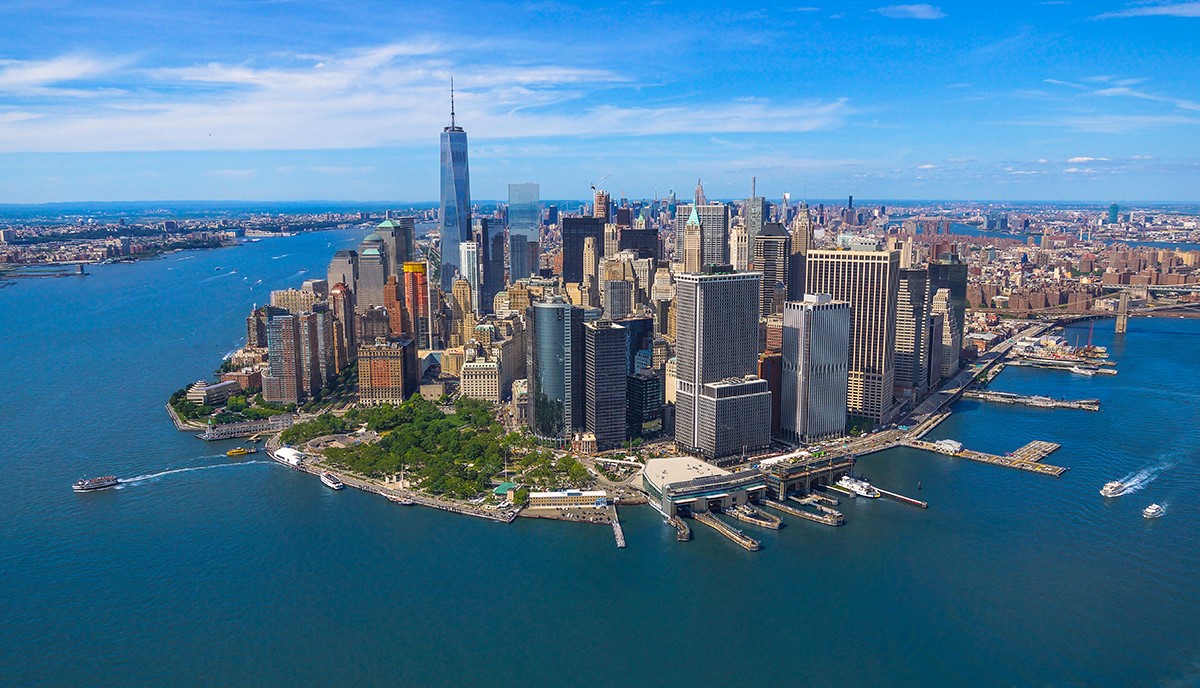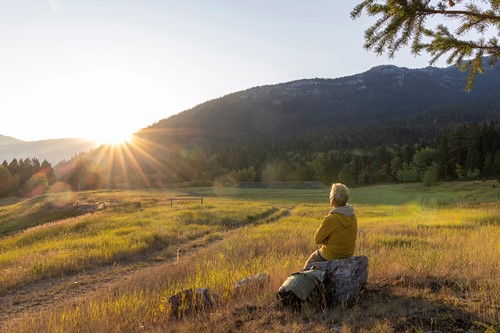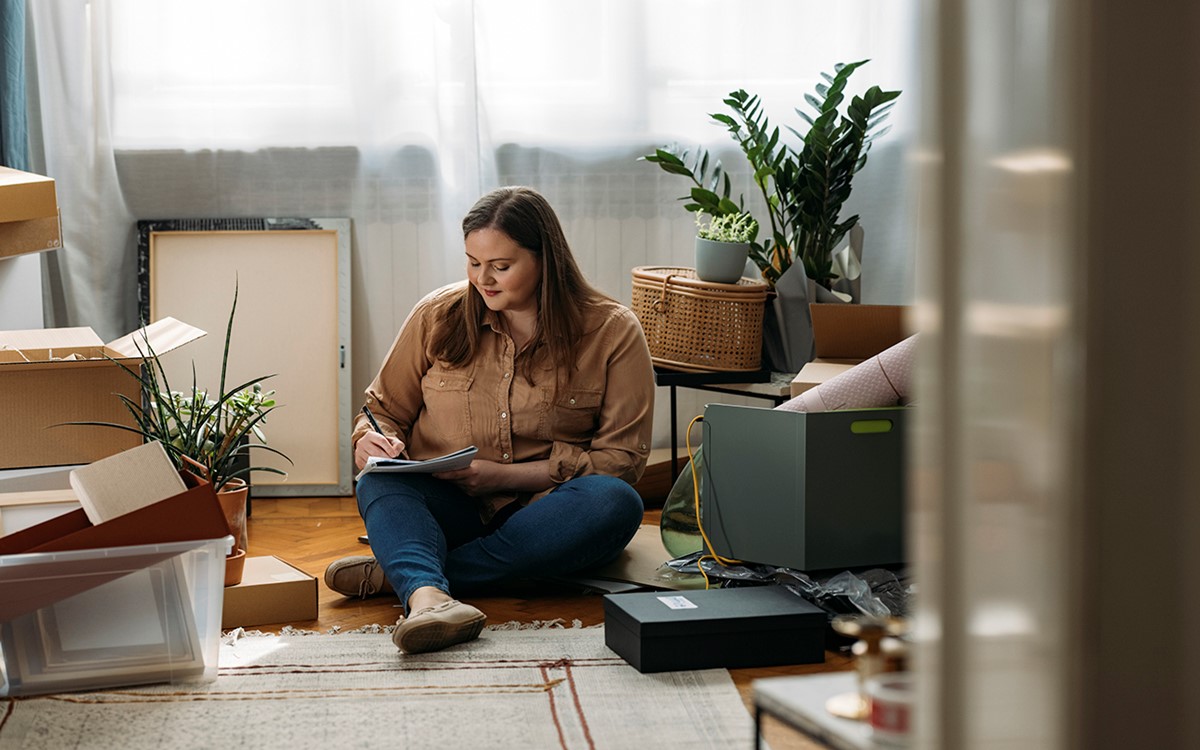What does it cost to live in the USA?
Costs vary widely across U.S. cities and states. Large cities on the coasts tend to be the most expensive, while many mid-sized cities and locations in the Sun Belt are more affordable. Rent for a one-bedroom apartment can range from moderate to high depending on the city and neighbourhood. Utilities, internet, and other household bills are an additional monthly cost, and groceries vary by location and personal habits.
Transport expenses depend on lifestyle and location. In car-dependent areas, plan for insurance, fuel, and parking. In cities with good public transit, passes offer a more affordable option. When moving for work, consider commute times versus rent – living closer to your job can sometimes justify higher housing costs.
Healthcare is a significant expense. Employer-provided or individual insurance plans are essential, and out-of-pocket costs can add up. Adequate coverage is crucial for anyone living in the U.S.
Banking and credit work differently than in the UK. Your UK credit history won’t transfer. Plan to open a U.S. bank account soon after arrival; most banks ask for ID, proof of address, and a Social Security number (SSN). If you don’t yet have an SSN, some banks offer alternatives. You can apply for an SSN during the visa process (for some categories) or at a local Social Security office after entry.
What is life like in the USA?
Life in the U.S. is defined by scale and choice – from New England towns to Pacific tech hubs and everything between. Communities are generally welcoming to international arrivals, with active civic life around schools, sports, and neighbourhood organisations.
Work culture is energetic and collaborative. Paid holiday is often shorter than in England, and “at-will” employment is common, so review contracts and benefits carefully. Networking matters, and moving for a role can be a strong career accelerator. Many newcomers start on a temporary status and later transition if a U.S. employer sponsors them.
Weekends can take you from mountains to coastlines in a few hours, and the sheer variety of landscapes fuels a strong outdoor culture. Whether you prefer dense urban living or suburban space, it’s easy to craft a lifestyle that fits.
Permanent residents who meet residency and other requirements can later apply for U.S. citizenship. Many value the stability and opportunity that come with a green card – work flexibility, access to benefits, and a long-term foundation for family life.









